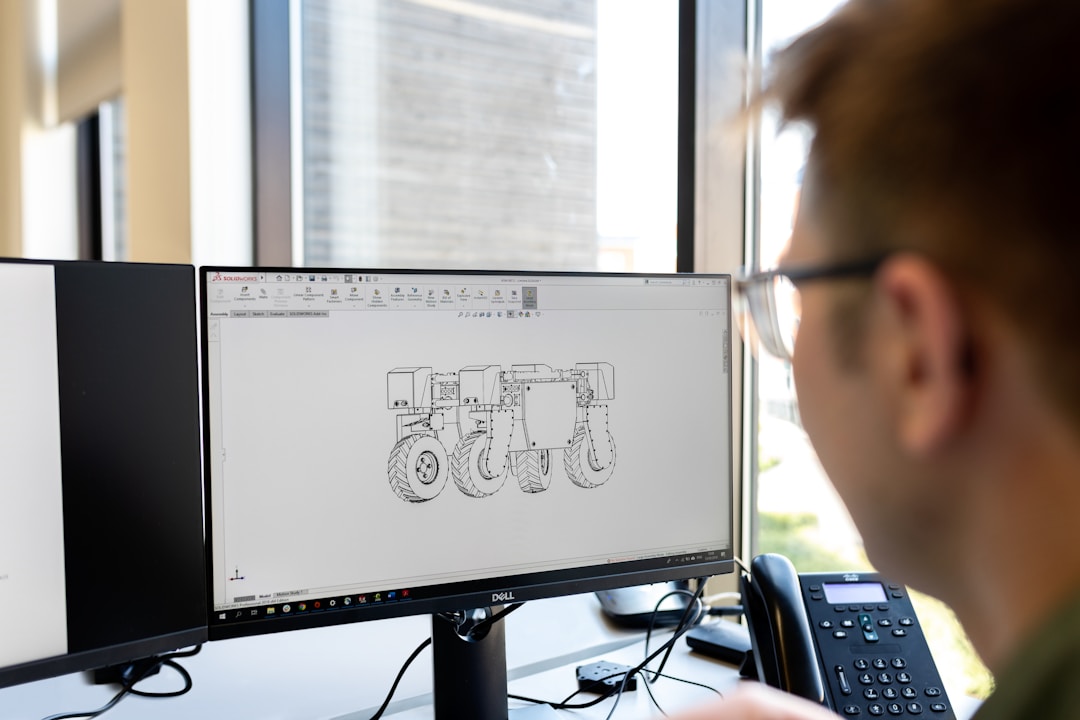A career in engineering is as challenging as it’s rewarding. Engineers make the world a better place by providing innovative solutions that can be quite complex—like studying facts and statics for self-driving cars and designing autonomous cars themselves. Students all over the world want to become engineers for the right reasons. You may know the usual engineering fields like computer, civil, and electrical engineering, but many other fields are born from these. These are also fields like biomedical, software, and agricultural engineering.
Many people come out of high school knowing what they want to pursue in college, while others may need a bit more help in the process. If you’re a college student, you may probably be looking for engineering information to decide what’s the best field for you. Students interested in attending the University of California (UCLA) or the University of California San Francisco (UCSF) in the United States can research the best college counselors for UC to get some extra help when choosing an engineering career. Counselors will provide guidance based on your education, personality, and financial perspectives. They can also prepare you for college admission exams in your preferred field so you’re not feeling lost or overwhelmed during the college application process.
If you’re looking to learn more about the different types of engineering, look no further. Here are some of the dozens of types of engineers out there.
Computer Engineer

Computer engineers can be seen fixing computers, programming an integrated circuit, and helping design the next rocket going to Mars. They have a bachelor’s degree in computer engineering, hardware engineering, or software engineering. Some specializations in this field include aerospace, big data, robotics, and artificial intelligence (AI). Computer engineers are behind the technology of autonomous vehicles as they program many of the chips and sensors that make the autonomous car aware of its surroundings, even without a human driver at its helm.
Civil Engineer

Civil engineers are most often seen at constructions sites. They work closely with other teams made up of architects, electrical engineers, and safety personnel to complete a structure from top to bottom. Civil engineers can concentrate on structural, transportation, and even water resources engineering. Without civil engineers, we wouldn’t have any roads, buildings, or even any earthquake-proof building. Like in all engineering fields, civil engineers must earn a bachelor’s degree and continue their education through master’s degrees and certificates.
Electrical Engineer

Electrical engineers are widely needed nowadays as many of our tools, appliances, and devices run on electricity. Electric engineers design solutions for everyday problems regarding our power sources, systems, and even transportation methods. Engineers must first earn a degree in the field and can work in many different positions in areas such as naval, oil and gas, and biomedical. This is a highly versatile career path for anyone interested in creating electrical solutions behind a car’s accelerator or brake system, for example.
Mechanical Engineer

Mechanical engineers have the responsibility of putting the rest of the engineering works into one. They take the electrical systems, computer programs, and civil engineering into one mechanical machine. Mechanical engineering takes a closer focus on energy, force, and motion. They will research and design power-generating machines such ass Tesla’s autonomous cars or Toyota’s product development and manufacturing teams.
Biomedical Engineer

One last type of engineer we’re going to look into is the biomedical engineer. These engineers hold the key when creating engineering solutions in the medical field. Biomedical engineers combine the power of biology and engineering such as computer, electric, or mechanical to produce health equipment like prostheses, drug therapy devices, and artificial organs. Many bioengineers possess a degree in any of the general engineering fields or biology and a minor in technology or any other specialized health degree.
The world needs more solutions and engineers can provide just that. So whether you enjoy creating solutions through computers, electronics, or medicine, there is an engineering path for you.





